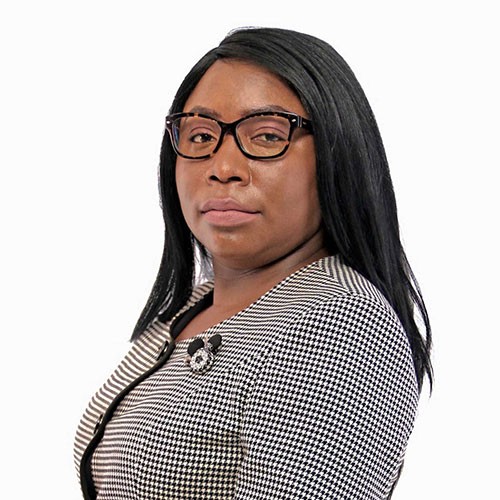
Sustainability
More than 400 organisations from 64 jurisdictions have signed a declaration committing them to advancing the adoption or use of the International Sustainability Standards Board (ISSB) S2 climate impact reporting standard as the climate global baseline. This took place on 4 December, during the UN’s COP28 meeting in Dubai. Signatories include ACCA, Deloitte, EY, KPMG and PwC.
The ISSB and the International Organization for Standardization (ISO) are to work together ‘in areas of common interest…to support efficient and resilient global economies’. The ISO stressed that its ISO14000 environmental management and greenhouse gas emission standards can help companies deliver IFRS S2 climate disclosures. The ISO also said it backed ISSB moves ‘to establish a truly global baseline of sustainability-related financial disclosures’.
Meanwhile, the Global Reporting Initiative (GRI) has signed a new memorandum of understanding with EFRAG (European Financial Reporting Advisory Group), boosting cooperation between the two organisations. This includes collaboration on standards development, including existing and new sector standards; proportionate reporting for SMEs in the European Union (EU); standards for non-EU companies reporting under the EU’s corporate sustainability reporting directive; education and training; and interoperability of digital taxonomies.
The GRI has published new draft standards on climate change and energy. The climate standard is designed to help companies disclose climate change transition and adaption plans and actions; annual progress on emissions reduction targets; and use of carbon credits plus greenhouse gas removals. It includes a new disclosure on the social aspects of climate change, regarding impacts on workers, communities and vulnerable groups. The new energy standard focuses on reporting how organisations are reducing energy consumption, achieving energy efficiency and sourcing renewable energy.
The IFRS Foundation has launched an IFRS sustainability knowledge hub to support the use of ISSB reporting. It hosts content developed by the IFRS Foundation and more than 100 resources from third-party organisations. Materials will be added to reflect market needs and emerging practices.
Emmanuel Faber will serve a second three-year term as ISSB chair from 1 January 2025 until 31 December 2027.
An update to the IFRS Foundation’s Fundamentals of Sustainability Accounting (FSA) Credential Level 1 examination will soon be issued, integrating ISSB work, the foundation has announced.
Financial instruments
The International Accounting Standards Board (IASB) has proposed amendments to IAS 32, Financial Instruments: Presentation to aid financial reporting on instruments that have both debt and equity features. These have become more complex, so new IAS 32 classification principles would help companies distinguish between debt and equity; require explanations of instruments with both debt and equity features; and require a separate disclosure of profits and income attributed to ordinary shareholders, split from amounts linked to other equity instrument holders.
Audit
The International Auditing and Assurance Standards Board (IAASB) has published an International Standard on Auditing for Audits of Financial Statements of Less Complex Entities (ISA for LCE). The standard is effective for audits beginning on or after 15 December 2025, for jurisdictions allowing its use. Built on standard ISAs, these streamlined audits are designed to enable reasonable assurance, but also, for instance, to ‘avoid any unnecessary words, repetition, or ambiguous language’.
The IAASB has issued guidance on how auditors should refer to trademarked IFRS accounting standards in their reports, outlining how the IAASB will amend its handbook to address existing references to IASB standards.
Digital assets
The International Organisation of Securities Commissions has published policy recommendations for regulating crypto and digital asset markets. Its guidance advises on avoiding conflicts of interest; market manipulation, insider trading and fraud; custody and client asset protection; crossborder risks and regulatory cooperation; operational and technological risk; and retail distribution.
More information
Watch on-demand sessions from ACCA’s virtual conference ‘Accounting for the Future’, including ‘Preparing for sustainability reporting’ and ‘Ethical dilemmas in an era of sustainability reporting’. All the sessions offer free CPD units and are available for three months.
See also ACCA’s latest report Sustainability reporting: the guide to preparation



